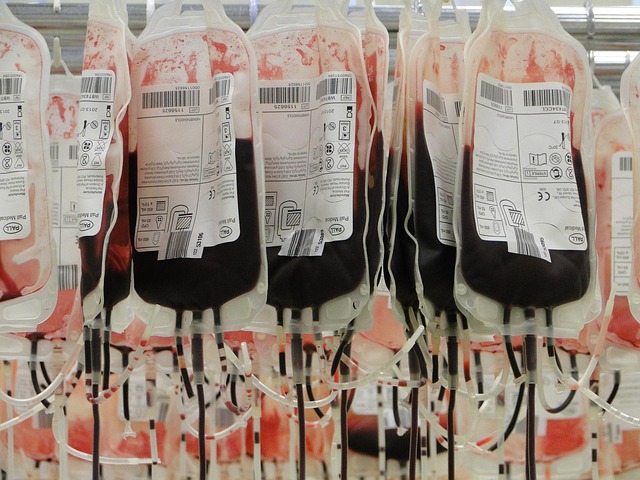The Male Hormone Blood Test UK is a crucial diagnostic tool for evaluating male reproductive health by measuring key hormones like testosterone, LH, FSH, and progesterone. Imbalances in these hormones can signal conditions such as hypogonadism, low sperm count, or erectile dysfunction, prompting targeted interventions to improve fertility and sexual well-being. Early detection through this test allows men to address potential challenges effectively with professional guidance tailored to their specific needs.
“Unraveling reproductive issues in men often requires a deep dive into hormone levels. The Male Hormone Blood Test UK offers a pivotal tool for diagnosis, providing insights into testosterone, luteinizing hormone (LH), and other key markers. This comprehensive analysis plays a crucial role in identifying imbalances linked to infertility, libido changes, and overall reproductive health concerns. By understanding these hormone dynamics, medical professionals can tailor treatments effectively, offering hope and improved quality of life for affected individuals.”
- Understanding Male Hormone Levels and Their Role in Reproductive Health
- The Male Hormone Blood Test: What to Expect and How It Helps
- Interpreting Results and Next Steps After a Male Hormone Analysis
Understanding Male Hormone Levels and Their Role in Reproductive Health
Male hormone levels play a crucial role in reproductive health, with each hormone contributing to various aspects of fertility and sexual function. A male hormone blood test UK is often used as a diagnostic tool to assess these levels, providing insights into potential reproductive issues. Testosterone, for example, is the primary sex hormone in men, responsible for libido, muscle mass, and bone density. Imbalances can lead to conditions like hypogonadism, resulting in low sperm count and reduced fertility.
The analysis of other key hormones, such as luteinizing hormone (LH) and follicle-stimulating hormone (FSH), is also essential. These hormones regulate the testicles’ function, affecting sperm production and quality. Understanding these intricate hormonal relationships helps healthcare professionals diagnose and treat reproductive disorders effectively.
The Male Hormone Blood Test: What to Expect and How It Helps
The Male Hormone Blood Test, available across many healthcare providers in the UK, is a crucial diagnostic tool for evaluating reproductive health issues in men. This simple procedure involves drawing a small sample of blood to measure various hormone levels, offering valuable insights into a man’s overall fertility and sexual health. The test typically checks for key hormones like testosterone, luteinizing hormone (LH), follicle-stimulating hormone (FSH), and progesterone, among others.
By analysing these hormone levels, healthcare professionals can identify imbalances that may underlie reproductive problems such as low sperm count, erectile dysfunction, or even conditions affecting sexual development. This early detection enables targeted interventions and treatments, ultimately improving the chances of successful conception and overall sexual well-being. For men concerned about their fertility or experiencing unusual symptoms, the Male Hormone Blood Test in the UK provides a straightforward step towards understanding and addressing potential reproductive challenges.
Interpreting Results and Next Steps After a Male Hormone Analysis
After undergoing a male hormone blood test in the UK, interpreting the results is a crucial step. The analysis typically measures levels of key hormones such as testosterone, luteinizing hormone (LH), and follicle-stimulating hormone (FSH). Normal ranges vary based on age, with younger men expecting higher testosterone levels. Elevated LH or FSH could indicate issues with reproductive health, such as low sperm count or infertility. Conversely, low testosterone may lead to symptoms like decreased muscle mass, fatigue, and libido changes.
The next steps depend on the results. If hormone levels are within healthy ranges, further investigation may not be needed. However, abnormal results should prompt a discussion with a healthcare professional. They can offer guidance tailored to individual needs, including lifestyle adjustments, medical treatments, or referrals to specialists for additional testing and diagnosis of underlying reproductive issues.
The Male Hormone Blood Test UK offers a valuable tool for diagnosing reproductive issues in men. By understanding hormone levels and their impact on fertility, individuals can take proactive steps towards optimal health. This analysis provides insights that guide the next steps, whether it’s lifestyle adjustments or targeted treatments, ensuring better reproductive outcomes.
